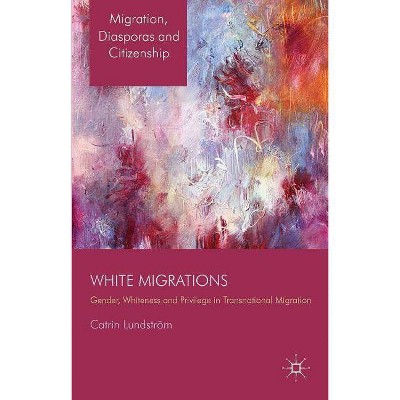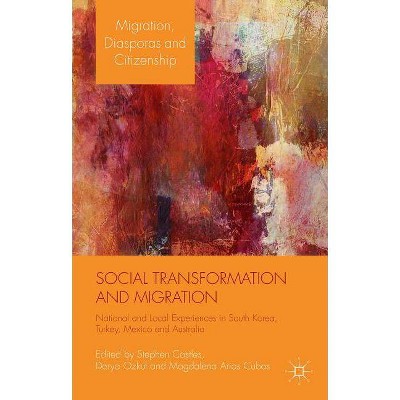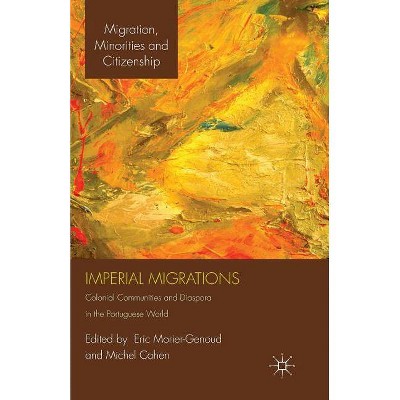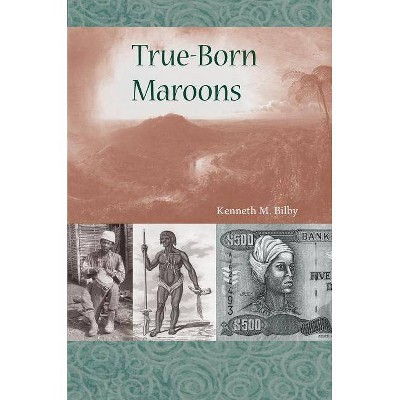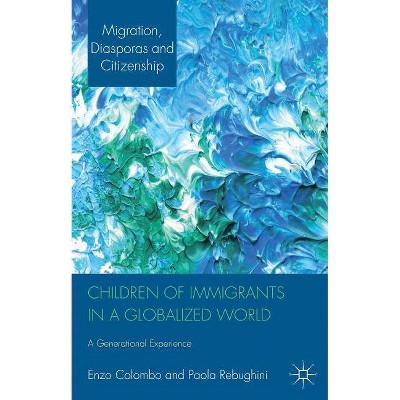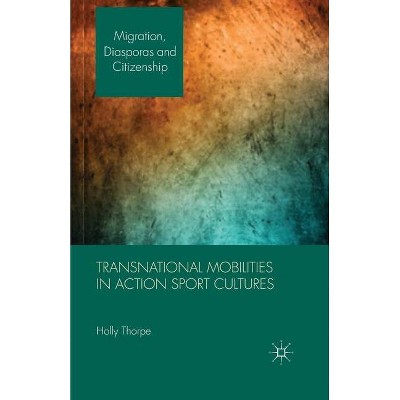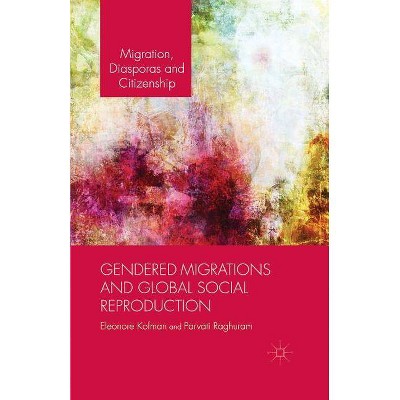Migration and Vodou - (New World Diasporas) by Karen E Richman (Paperback)
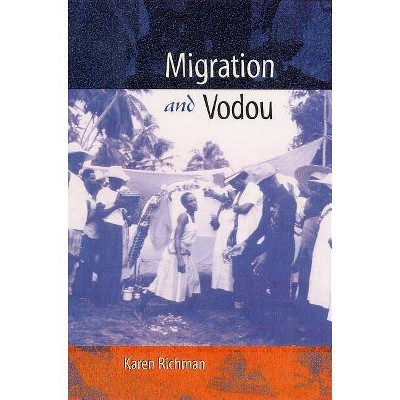
Similar Products
Products of same category from the store
AllProduct info
<p/><br></br><p><b> About the Book </b></p></br></br><P> "The most ambitious, insightful, and interesting account of the nature and centrality of religion for transnational migrants yet written . . . a pathbreaking study."--Josh DeWind, director, International Migration Program, Social Science Research Council<P>This book and accompanying compact disc provide a rare excursion in the innovative ways a community of Haitian migrants to South Florida has maintained religious traditions and familial connections. It demonstrates how religion, ritual, and aesthetic practices affect lives on both sides of the Caribbean, and it debunks myths of exotic and primitive vodou (often spelled "voodoo"), which have long been used against Haitians.<P>As Karen Richman shows, Haitians at home and in migrant settlements make ingenious use of audio and video tapes to extend the boundaries of their ritual spaces and to reinforce their moral and spiritual anchors to one another. The book and CD were produced in collaboration to give the reader intimate access to this new expressive media. Sacred songs are recorded on tapes and circulated among the communities. Migrants are able to hear not only the performance sounds--drumming, singing, and chatter--but also a description, as narrators tell of offerings, sacrifices, prayers, and the exchange of possessions. Spirits who inhabit the bodies of ritual actors are aware of the recording devices and personally address the absent migrants, sometimes warning them of their financial obligations to family members in Haiti. The migrants' dependence on their home village is dramatically reinforced while their economic independence is restricted.<P>Using standard ethnographic methods, Richman's work illuminates the connections among social organization, power, production, ritual, and aesthetics. With its transnational perspective, it shows how labor migration has become one of Haiti's chief economic exports.<p/><br></br><p><b> Book Synopsis </b></p></br></br>This book and accompanying compact disc provide a rare excursion in the innovative ways a community of Haitian migrants to South Florida has maintained religious traditions and familial connections. It demonstrates how religion, ritual, and aesthetic practices affect lives on both sides of the Caribbean, and it debunks myths of exotic and primitive vodou (often spelled "voodoo"), which have long been used against Haitians. As Karen Richman shows, Haitians at home and in migrant settlements make ingenious use of audio and video tapes to extend the boundaries of their ritual spaces and to reinforce their moral and spiritual anchors to one another. The book and CD were produced in collaboration to give the reader intimate access to this new expressive media. Sacred songs are recorded on tapes and circulated among the communities. Migrants are able to hear not only the performance sounds--drumming, singing, and chatter--but also a description, as narrators tell of offerings, sacrifices, prayers, and the exchange of possessions. Spirits who inhabit the bodies of ritual actors are aware of the recording devices and personally address the absent migrants, sometimes warning them of their financial obligations to family members in Haiti. The migrants' dependence on their home village is dramatically reinforced while their economic independence is restricted. Using standard ethnographic methods, Richman's work illuminates the connections among social organization, power, production, ritual, and aesthetics. With its transnational perspective, it shows how labor migration has become one of Haiti's chief economic exports. A volume in the series New World Diasporas, edited by Kevin A. Yelvington<p/><br></br><p><b> Review Quotes </b></p></br></br><br>"Much more than just a good ethnography. It is the sensitive account of Richman's deeply personal experience of Haitian culture. It joins the ranks of powerful and compassionate ethnographies that take us to the heart of the anthropological enterprise. . . . A must read."--<i><b>American Anthropologist</i></b> "<i>A tour de force</i> of social history, narrative ethnography and ritual analysis."--<i><b>Anthropological Quarterly</i></b> "A very close look into diverging expectations and needs separating the Haitian transnational community and the ethos of extended families who compete for resources, power and moral integrity."--<i><b>Ethnos</i></b> "A work of great scholarship, compassion, and insight. . . . [T]he skill with which the author incorporates multi-sited ethnography, issues of transnational community, the development of a specific form of Vodou, political economy, and history in a single, rich narrative should serve as an example to other ethnographers."--<i><b>Journal of Latin American and Caribbean Anthropology</i></b> "Sets a new standard for Haitian ethnography."--<i><b>Journal of Latin American Geography</i></b> "Detailed and moving . . ., the end product of many years of research."--<b>H-Net</b><br><p/><br></br><p><b> About the Author </b></p></br></br>Karen E. Richman is director of the Center for Migration and Border Studies at the Institute for Latino Studies, on the faculty of Africana studies, and a fellow of the Helen Kellogg Institute for International Studies at the University of Notre Dame.
Price History
Price Archive shows prices from various stores, lets you see history and find the cheapest. There is no actual sale on the website. For all support, inquiry and suggestion messagescommunication@pricearchive.us


